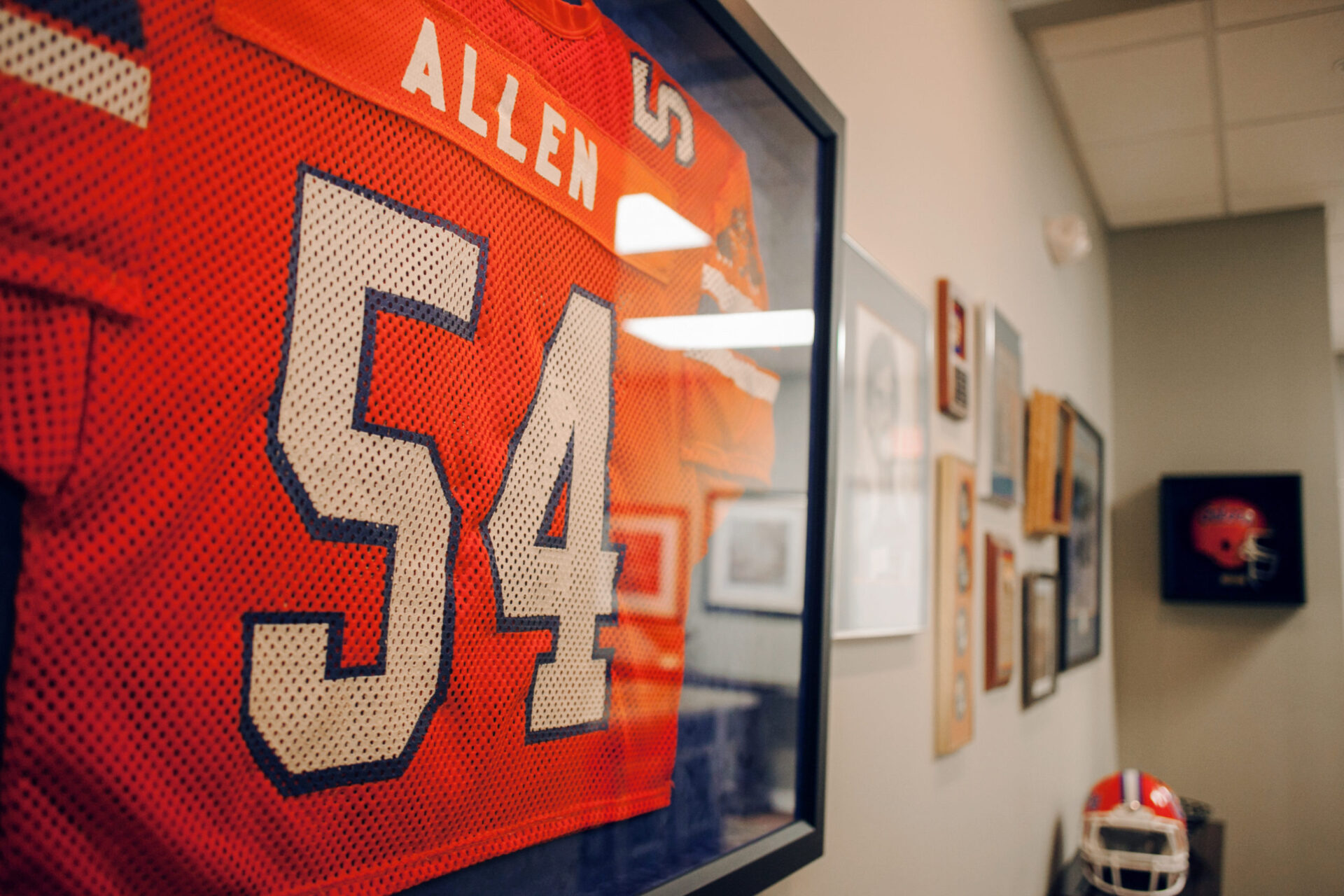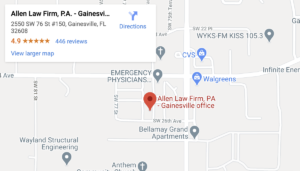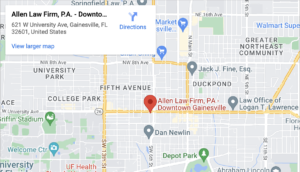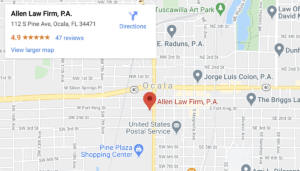Bad Faith Claim
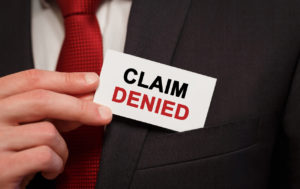
You pay hard-earned money to insurance companies so that you are protected when accidents happen. Whether it’s home insurance, health insurance, or car insurance, you rely on insurance benefits to pay expenses covered by your policy. If you’re in a car accident, you may need to rely on the insurance policy of an at-fault driver to pay damages.
Are you wondering if the insurance company can deny your claim? If you filed a claim after a car accident, your insurance company has an obligation under Florida law to review your claim in good faith. If they fail to do so, you may be able to file a bad faith claim to hold them accountable for denying the benefits that you’re entitled to under the insurance policy.
Insurance Policy Overview

All Florida drivers are required to carry automobile insurance. That includes Personal Injury Protection (PIP) insurance and Property Damage Liability.
An insurance policy is a contract between you and your insurer. Under basic contract principles, there is an implied duty of good faith and fair dealing. This means that the parties to the contract agree to perform their responsibilities under the contract to the best of their abilities.
Your responsibility is to pay your premiums. The insurance company’s responsibility is to provide you with the benefits described in the policy if your claim meets the criteria. They have a duty to evaluate the claim fairly.
First-Party vs. Third-Party Claims
A first-party insurance claim is a claim for benefits under your own insurance policy. A third-party insurance claim is a claim that you file against another person’s insurance policy. If you’re in a truck accident, for example, you might have a first-party claim against your PIP coverage and a third-party claim against the trucking company’s insurance company.
What Is a Bad Faith Claim?
Many insurance companies “delay, deny, and defend” claims in order to minimize payout and maximize their profits. A bad faith claim holds the insurance company accountable for unfairly or unreasonably undervaluing, denying, or otherwise preventing you from collecting the benefits under an insurance policy. This is separate from the claim that is pending against the insurance company to collect money for your injuries or property damage.
But, just because an insurance company denies your claim doesn’t mean that they’ve acted in bad faith. There could be legitimate reasons to deny your claim.
What Is Bad Faith?
Generally, bad faith is acting with dishonest motives. In addition to the basic principles of contract law, Florida’s Unfair Insurance Trade Practices Act requires insurance companies to act in good faith. Bad faith is when an insurance company denies your claim or prevents you from accessing your policy benefits without a reasonable basis.
Bad faith could include:
- Denying your claim without reasonable investigation
- Failing to respond to your claim within a reasonable time
- Failing to respond to communication from you with regard to your claim
- Denying your claim without explanation
- Intentionally undervaluing your claim
- Failing to notify you that additional information is needed to process your claim
- Failing to explain why additional information is needed
- Misleading you about the coverage of your policy
- Retroactively canceling your policy after you file a claim
Bad faith can take many forms, and some tactics may be subtle. Insurance companies may act like they are doing everything they can to help. But, if you suspect something isn’t right, trust your instincts.
When Can an Insurance Company Deny My Claim?
An insurance company can deny your claim in good faith if your claim is not covered by the policy. They may also deny your claim if you didn’t comply with the requirements for submitting a claim. Your insurance company should give you a reason for denying your claim.
What Can I Do About a Bad Faith Claim?
Insurance companies should promptly review your claim, inform you if any additional information is needed, make a reasonable investigation, and then promptly make a decision. They should also promptly and thoroughly respond to any questions or concerns that you have throughout the process. If any of that is not happening, it should raise red flags.
If your claim has been denied, a personal injury lawyer can review your paperwork and let you know if the insurance company may have acted in bad faith. They can let you know the best and most efficient next steps. Sometimes, just having a reputable attorney on your side can make the insurance company straighten up. If not, an attorney can help you file a bad faith claim against the insurance company for their actions that prohibited you from accessing your benefits.
Contact an attorney at the Allen Law Accident & Injury Lawyers today for help understanding or filing a bad faith claim.
